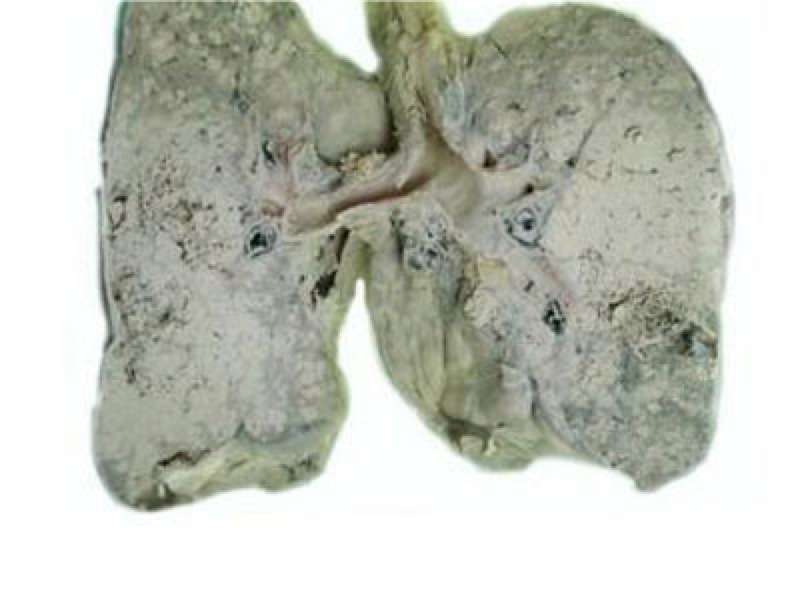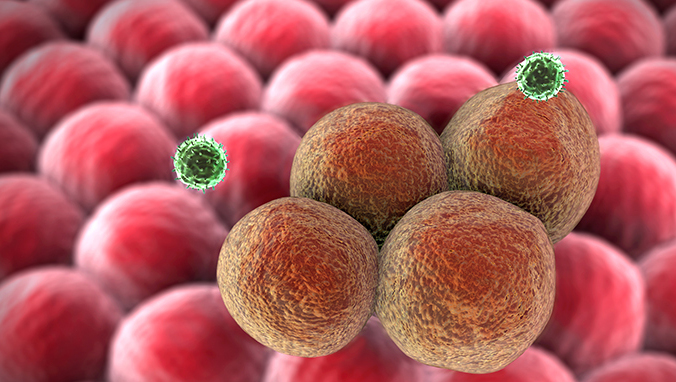How long can uterine cancer survive
How long can uterine cancer survive after uterine cancer resection? Uterine cancer is very harmful to women’s health. It is one of the most common malignant tumors in gynecology. It is more common in women aged 50 to 60 years and often occurs after menopause, but in recent years The incidence of uterine cancer is becoming higher and higher, so as long as it is found that it must be actively treated, then, how long can the uterine cancer survive after resection?

The survival time after uterine cancer resection needs to be determined according to the degree of cancer cell metastasis and the degree of malignancy, and It is the postoperative recovery, etc. These factors can affect the survival rate of the patient. Usually called uterine cancer actually refers to endometrial cancer (endometrial carcinoma), also known as uterine body cancer, occurs in the endometrial epithelium, and the vast majority is adenocarcinoma.
There is no obvious symptom at the very early stage, and vaginal bleeding, vaginal drainage, pain, etc. will appear later. Vaginal bleeding is mainly manifested as irregular menstrual cycle, intermenstrual bleeding and vaginal bleeding after menopause, the amount is generally not much. Those who have not been menopausal may present with increased menstruation, prolonged menstruation, or menstrual disorders. If the cancer involves the uterine cavity, it can cause empyema, lower abdominal pain and cramp-like pain.
Late infiltration of surrounding tissues or compression of nerves can cause pain in the lower abdomen and lumbar spinal cord. In the later stages, symptoms such as anemia, weight loss, and cachexia may appear. Early endometrial cancer gynecological examination can find no abnormalities. In the late stage, the uterus may be enlarged obviously, and there may be obvious tenderness when combined with uterine empyema. There is occasional cancer tissue prolapse within the cervical canal, which may cause bleeding easily. When the cancer infiltrates the surrounding tissue, the uterus is fixed or irregular nodules are touched by the uterus.
The main treatment methods for uterine cancer are intraoperative radiotherapy and drugs (chemical drugs and hormones). The appropriate treatment plan should be selected and formulated according to the patient’s systemic condition, cancer involvement and scope, and histological type. Surgery is the mainstay, and adjuvant treatment is selected according to the results of a pathological stage of surgery and the existing high-risk factors for recurrence; comprehensive treatment with surgery, radiation, drugs, etc. is used in the late stage.
Chemotherapy is for advanced or recurrent endometrial cancer One of the comprehensive treatment measures; it can also be used to treat patients with high risk factors for recurrence after surgery to reduce distant metastasis outside the pelvic cavity, and chemotherapy can improve its prognosis. The combination of chemotherapy and radiotherapy for patients with advanced endometrial cancer, compared with single Treatment method can better improve the prognosis of patients.
Related Articles

- Early symptoms of lung cancer
- 2020-12-17

- Early Signs of Bladder Cancer
- What are the early symptoms of bladder cancer?
- 2020-12-17

- Is metastatic carcinoma easy to metastasize
- Once the cancer has metastasized, it will be very difficult to cure, because many people have lost their lives because of the emergence of cancer, so most people think that cancer is an un
- 2020-08-02

- What does microinfiltrating adenocarcinoma mean?
- Microinfiltrating adenocarcinoma is a type of lung cancer. The reason why it is called microinfiltration means that there is less infiltration around it, which means that it is in the early
- 2020-08-01

- How long can non-small cell adenocarcinoma live
- Adenocarcinoma is one of the most common malignant tumors in the world. Non-small cell adenocarcinoma accounts for about 80% of all adenocarcinomas. About 75% of patients are in the middle
- 2020-08-01

- Hand cancer
- Finger cancer generally refers to the appearance of skin cancer, which is characterized by local cauliflower-like skin and easy bleeding. Finger skin cancer is mostly a malignant tumor that
- 2020-08-01
